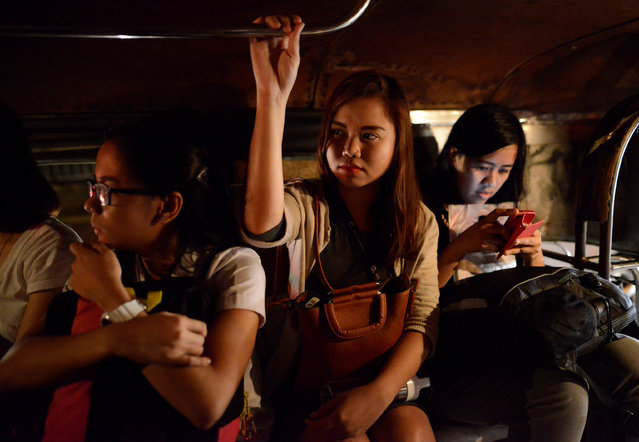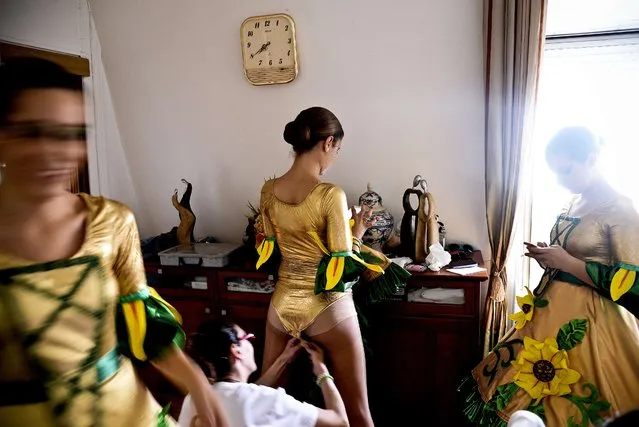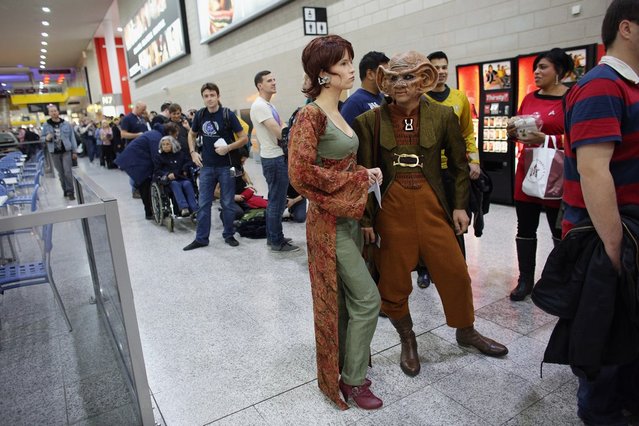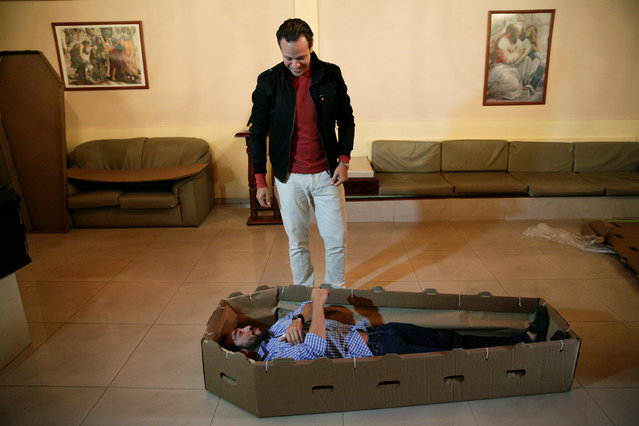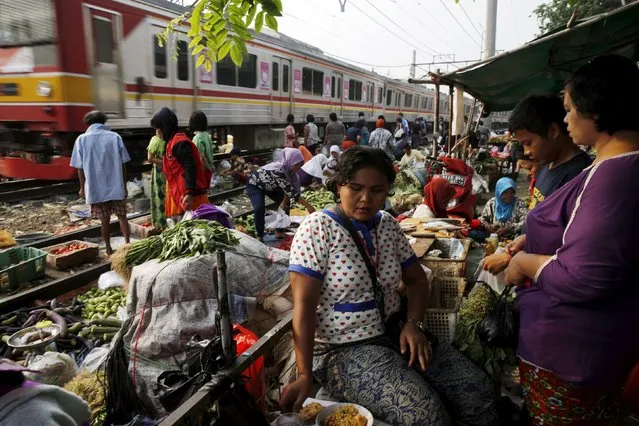
Television personality Farrah Abraham (C) enjoys adult entertainment as she hosts the VIP Back Door Key party at the Crazy Horse III Gentlemen's Club on August 4, 2017 in Las Vegas, Nevada. The newly launched VIP membership program offers patrons exclusive entrance to the club through the back door. (Photo by Bryan Steffy/WireImage)
22 Jul 2018 00:05:00,post received
0 comments


